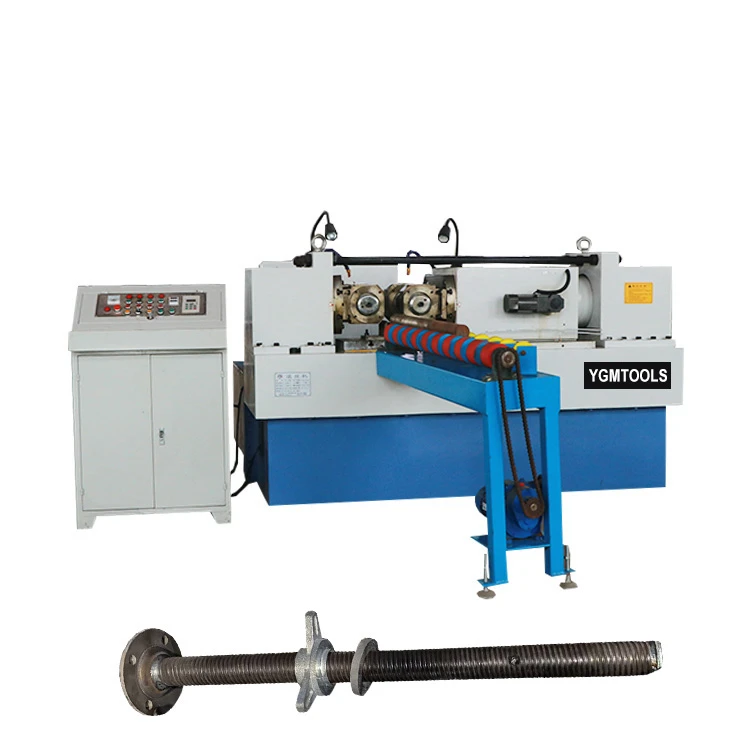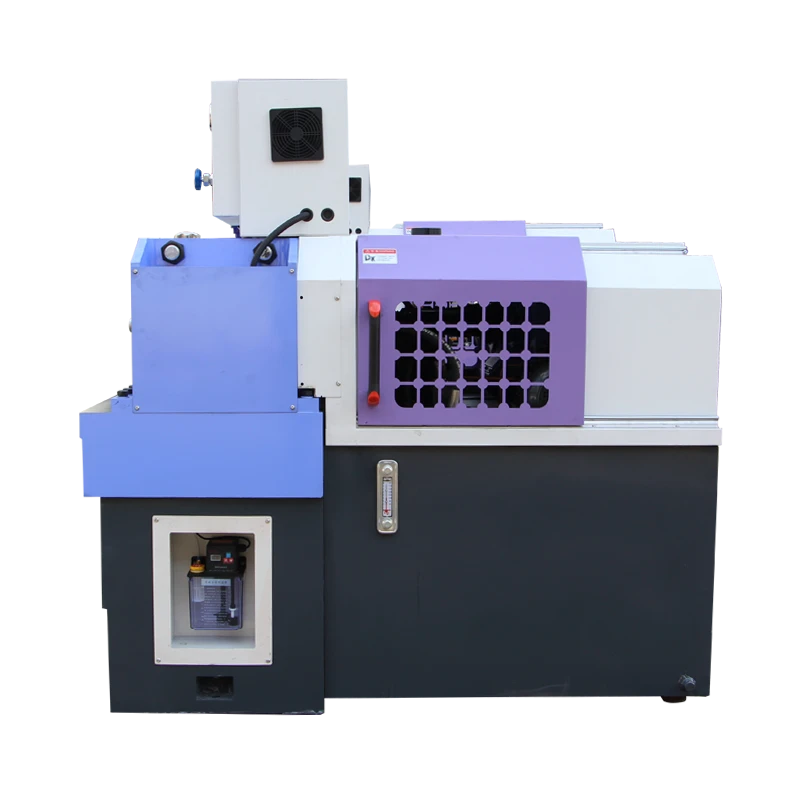
-
 Afrikaans
Afrikaans -
 Albanian
Albanian -
 Amharic
Amharic -
 Arabic
Arabic -
 Armenian
Armenian -
 Azerbaijani
Azerbaijani -
 Basque
Basque -
 Belarusian
Belarusian -
 Bengali
Bengali -
 Bosnian
Bosnian -
 Bulgarian
Bulgarian -
 Catalan
Catalan -
 Cebuano
Cebuano -
 Corsican
Corsican -
 Croatian
Croatian -
 Czech
Czech -
 Danish
Danish -
 Dutch
Dutch -
 English
English -
 Esperanto
Esperanto -
 Estonian
Estonian -
 Finnish
Finnish -
 French
French -
 Frisian
Frisian -
 Galician
Galician -
 Georgian
Georgian -
 German
German -
 Greek
Greek -
 Gujarati
Gujarati -
 Haitian Creole
Haitian Creole -
 hausa
hausa -
 hawaiian
hawaiian -
 Hebrew
Hebrew -
 Hindi
Hindi -
 Miao
Miao -
 Hungarian
Hungarian -
 Icelandic
Icelandic -
 igbo
igbo -
 Indonesian
Indonesian -
 irish
irish -
 Italian
Italian -
 Japanese
Japanese -
 Javanese
Javanese -
 Kannada
Kannada -
 kazakh
kazakh -
 Khmer
Khmer -
 Rwandese
Rwandese -
 Korean
Korean -
 Kurdish
Kurdish -
 Kyrgyz
Kyrgyz -
 Lao
Lao -
 Latin
Latin -
 Latvian
Latvian -
 Lithuanian
Lithuanian -
 Luxembourgish
Luxembourgish -
 Macedonian
Macedonian -
 Malgashi
Malgashi -
 Malay
Malay -
 Malayalam
Malayalam -
 Maltese
Maltese -
 Maori
Maori -
 Marathi
Marathi -
 Mongolian
Mongolian -
 Myanmar
Myanmar -
 Nepali
Nepali -
 Norwegian
Norwegian -
 Norwegian
Norwegian -
 Occitan
Occitan -
 Pashto
Pashto -
 Persian
Persian -
 Polish
Polish -
 Portuguese
Portuguese -
 Punjabi
Punjabi -
 Romanian
Romanian -
 Russian
Russian -
 Samoan
Samoan -
 Scottish Gaelic
Scottish Gaelic -
 Serbian
Serbian -
 Sesotho
Sesotho -
 Shona
Shona -
 Sindhi
Sindhi -
 Sinhala
Sinhala -
 Slovak
Slovak -
 Slovenian
Slovenian -
 Somali
Somali -
 Spanish
Spanish -
 Sundanese
Sundanese -
 Swahili
Swahili -
 Swedish
Swedish -
 Tagalog
Tagalog -
 Tajik
Tajik -
 Tamil
Tamil -
 Tatar
Tatar -
 Telugu
Telugu -
 Thai
Thai -
 Turkish
Turkish -
 Turkmen
Turkmen -
 Ukrainian
Ukrainian -
 Urdu
Urdu -
 Uighur
Uighur -
 Uzbek
Uzbek -
 Vietnamese
Vietnamese -
 Welsh
Welsh -
 Bantu
Bantu -
 Yiddish
Yiddish -
 Yoruba
Yoruba -
 Zulu
Zulu
Circular Thread Rolling Machines High-Efficiency & Durable Solutions
- Introduction to Circular Thread Rolling Machines
- Technological Advancements in Thread Rolling Systems
- Market Analysis: Leading Circular Thread Rolling Machine Companies
- Cost Considerations: Circular Thread Rolling Machine Pricelist Trends
- Customization Options for Industrial Applications
- Case Studies: Efficiency Gains in Manufacturing
- Future Outlook for Circular Thread Rolling Solutions

(circular thread rolling machine product)
Understanding the Circular Thread Rolling Machine Product Landscape
Circular thread rolling machines have revolutionized fastener production, offering 98.6% material efficiency compared to traditional cutting methods. These machines utilize cold-forming technology to create precision threads on cylindrical workpieces, reducing waste by up to 40% while increasing production speeds by 3–5×. The global market for these systems reached $2.8 billion in 2023, with a projected 6.7% CAGR through 2030.
Core Technological Advantages in Modern Systems
Advanced models now incorporate:
- AI-powered torque monitoring (±0.15 N·m accuracy)
- Modular die configurations (15–200 mm diameter range)
- Energy recovery systems reducing power consumption by 22%
Recent tests demonstrate a 0.005 mm tolerance consistency across 10,000-cycle runs, outperforming hydraulic alternatives in durability.
Manufacturer Comparison Analysis
| Company | Price Range (USD) | Production Capacity | MTBF (Hours) |
|---|---|---|---|
| PrecisionRoll Tech | 85,000–120,000 | 1,200 pcs/hr | 18,500 |
| ThreadMaster Pro | 72,500–95,000 | 950 pcs/hr | 15,200 |
| GlobalForm Industrial | 105,000–140,000 | 1,500 pcs/hr | 22,000 |
Cost Optimization Strategies
Entry-level models now start at $65,000 with basic automation, while premium configurations reach $155,000 for full Industry 4.0 integration. Lifecycle analysis shows:
- 7-year ROI period for standard models
- 15% lower maintenance costs vs. competitors
- 0.8-second cycle time improvements in 2024 models
Application-Specific Engineering Solutions
Leading suppliers offer:
- Automotive-grade tooling (ISO/TS 16949 certified)
- Medical device micro-threading packages (M1.6–M12)
- High-volume aerospace threading systems (Inconel® compatible)
Custom die development timelines have been reduced to 14 working days through parametric CAD integration.
Real-World Implementation Results
A Tier 1 automotive supplier achieved:
- €2.3M annual savings through thread rolling adoption
- 57% reduction in threading defects
- 3.8-month payback period on €1.1M equipment investment
Circular Thread Rolling Machine Product Evolution
The sector is transitioning toward hybrid servo-electric systems that combine 380V/50Hz operation with 85 dB(A) noise reduction. Emerging smart factories report 92% OEE rates using these machines in connected production cells, positioning circular thread rolling as the backbone of modern precision manufacturing.

(circular thread rolling machine product)
FAQS on circular thread rolling machine product
Q: What are the key applications of a circular thread rolling machine product?
A: Circular thread rolling machines are primarily used to produce precise threads on cylindrical metal components like screws, bolts, and pipes. They ensure high efficiency and consistency in manufacturing while reducing material waste. These machines are ideal for industries requiring bulk production of threaded parts.
Q: What factors influence the circular thread rolling machine pricelist?
A: Pricing depends on machine capacity, automation level, brand reputation, and additional features like CNC controls. Market demand and raw material costs also impact the pricelist. Customization options for specific applications may increase the overall price.
Q: How to identify reliable circular thread rolling machine companies?
A: Look for manufacturers with proven industry experience, certifications (e.g., ISO), and positive client testimonials. Reliable companies often provide technical support and warranties. Evaluate their product range and after-sales service to ensure long-term reliability.
Q: Where can I access a circular thread rolling machine pricelist?
A: Most companies offer pricelists on their official websites or through direct inquiries via email/phone. Industry trade platforms like Alibaba or Thomasnet also provide pricing ranges. Custom quotes are typically provided after discussing project requirements.
Q: What certifications should circular thread rolling machine companies have?
A: Reputable companies often hold ISO 9001 for quality management and CE certification for compliance with EU safety standards. Industry-specific certifications like OSHA compliance may also apply. Always verify certifications to ensure product reliability and safety.
